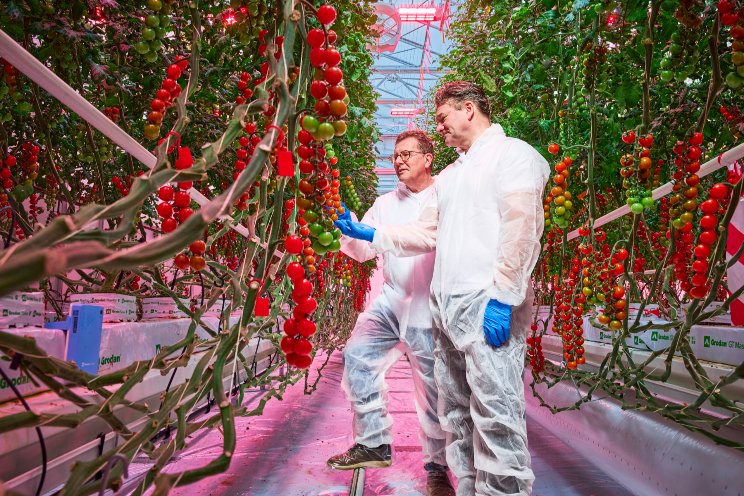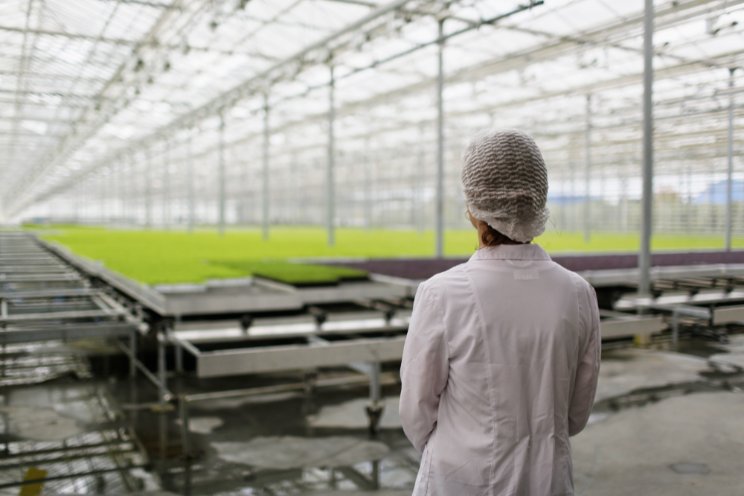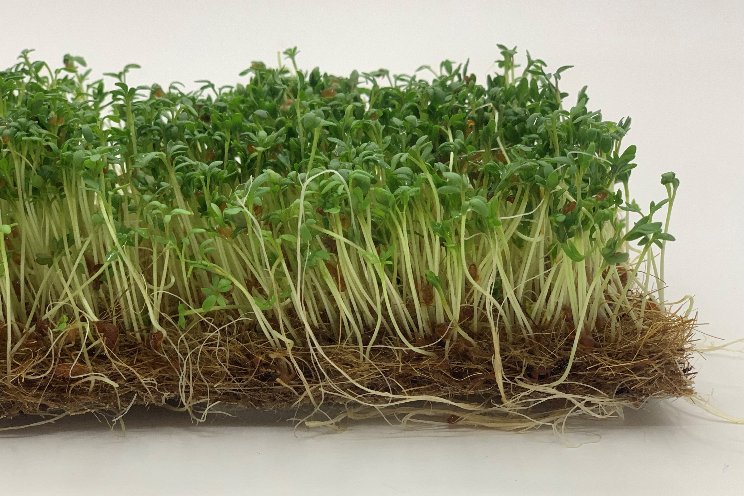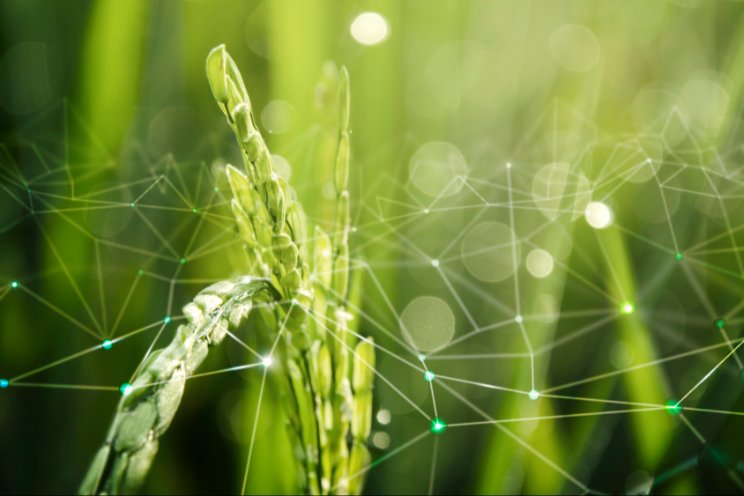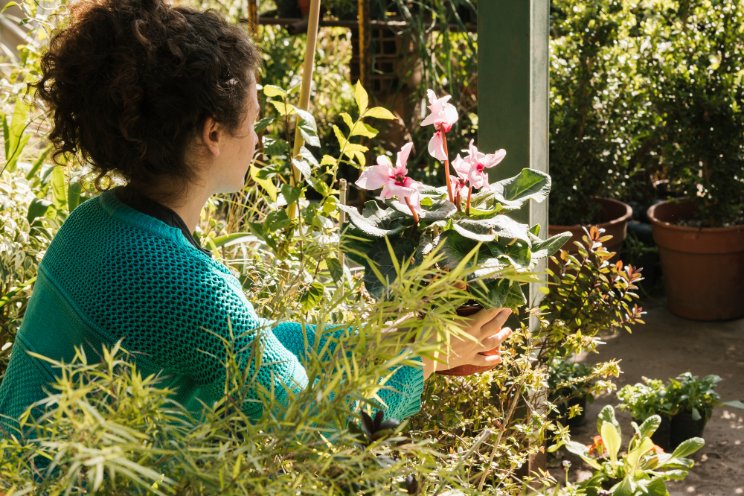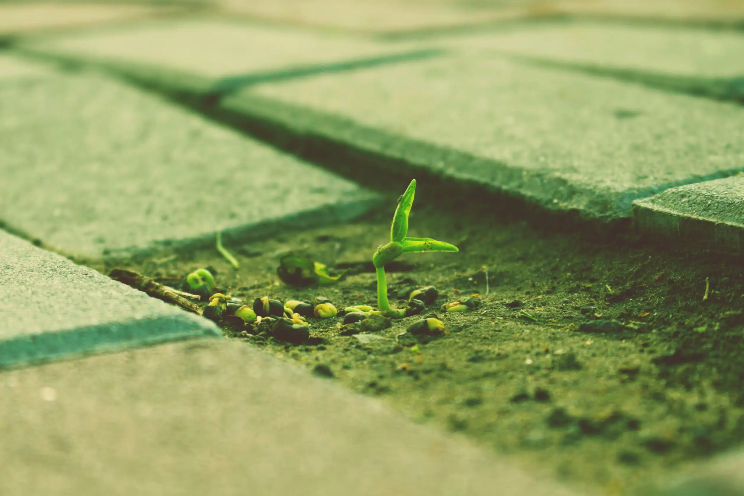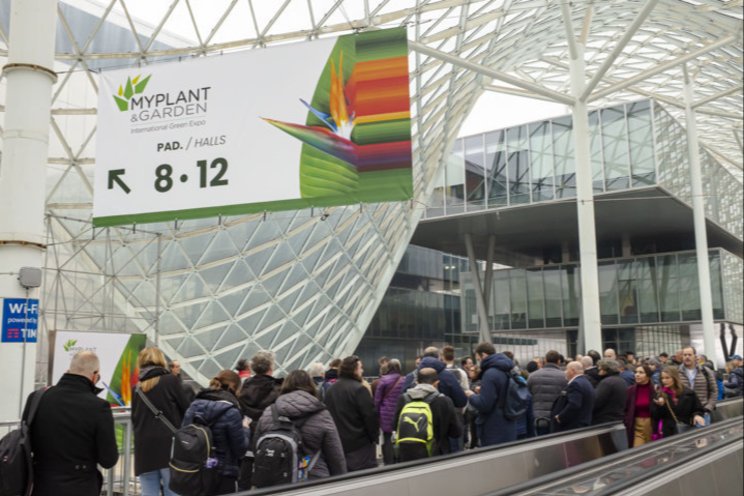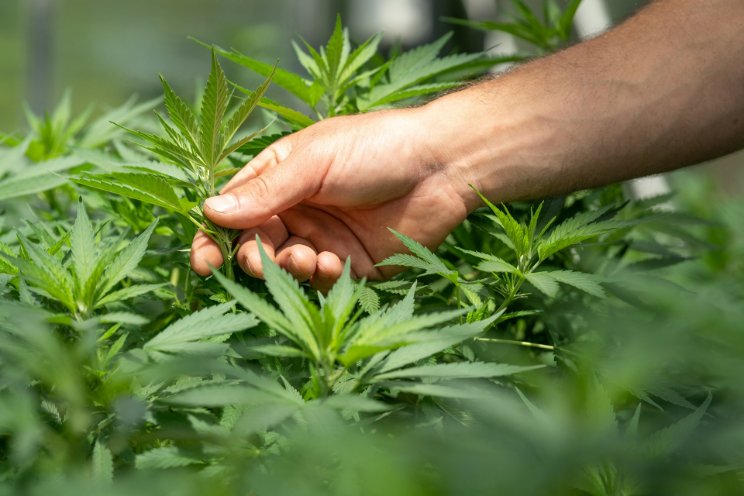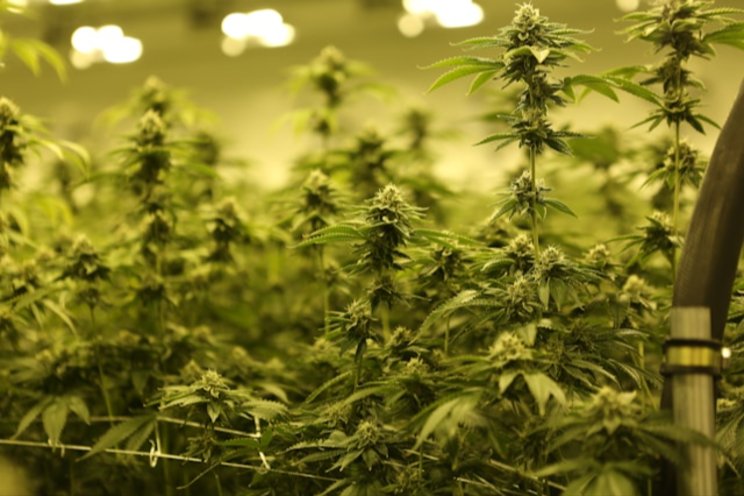Taking the pulse Of CEA protein farming
Added on 07 November 2022

Protein Replacement is a hot topic
Nutrition and protein replacement in particular is a global health concern with implications for the future direction of the planet, not least because the tide could be turning on less sustainable types of food production. We have had some in CEA evangelizing about the power of CEA to feed us all in the future, but the reality is that we need all agricultural practices to work together where appropriate to create resilient sustainable supply food chains close to where people live. Given this opportunity we should consider how we assist the creation of new plant proteins in hi tech towers and glasshouses. It is with this thought in mind that we could be overlooking the potential of the fabaceae family which includes legumes (pulses are the edible dry seeds) that have sustained entire continents in times of need.
Getting real with alternative proteins
We want to explore if pulses and specifically beans grown in CEA could provide complementary protein to that found traditionally in meat, dairy, fish and more recently, cellular meat (which is different from plant based burgers that incorporates soy, wheat, potato or mushroom protein). It should be noted that cellular meat also uses soy protein for scaffolds i.e. a lattice for cells to grow into 3D meat.
Let’s begin with an argument. Many in the medical community advocate a plant based diet to be wholly adequate to supply all the body’s protein requirements. Others argue that plants do not contain an adequate source of protein and that animal protein is essential for supplementing our diets. It could be time to challenge the assumption that ‘real men eat meat’. Whatever your stance, we do know that essential amino acids, thought to be less abundant in plant based diets, could in part be provided by chickpeas and soya beans, helping to supplement vegan or vegetarian diets. Make sure you add seeds, nuts, whole grains and lentils to ensure you get all nine essential amino acids. If you are worried about the lack of Vitamin B12 which cannot be provided by vegetables, try a source of shiitake mushrooms or nori seaweed in your diet.
Image by rawpixel.com on Freepik
More news
